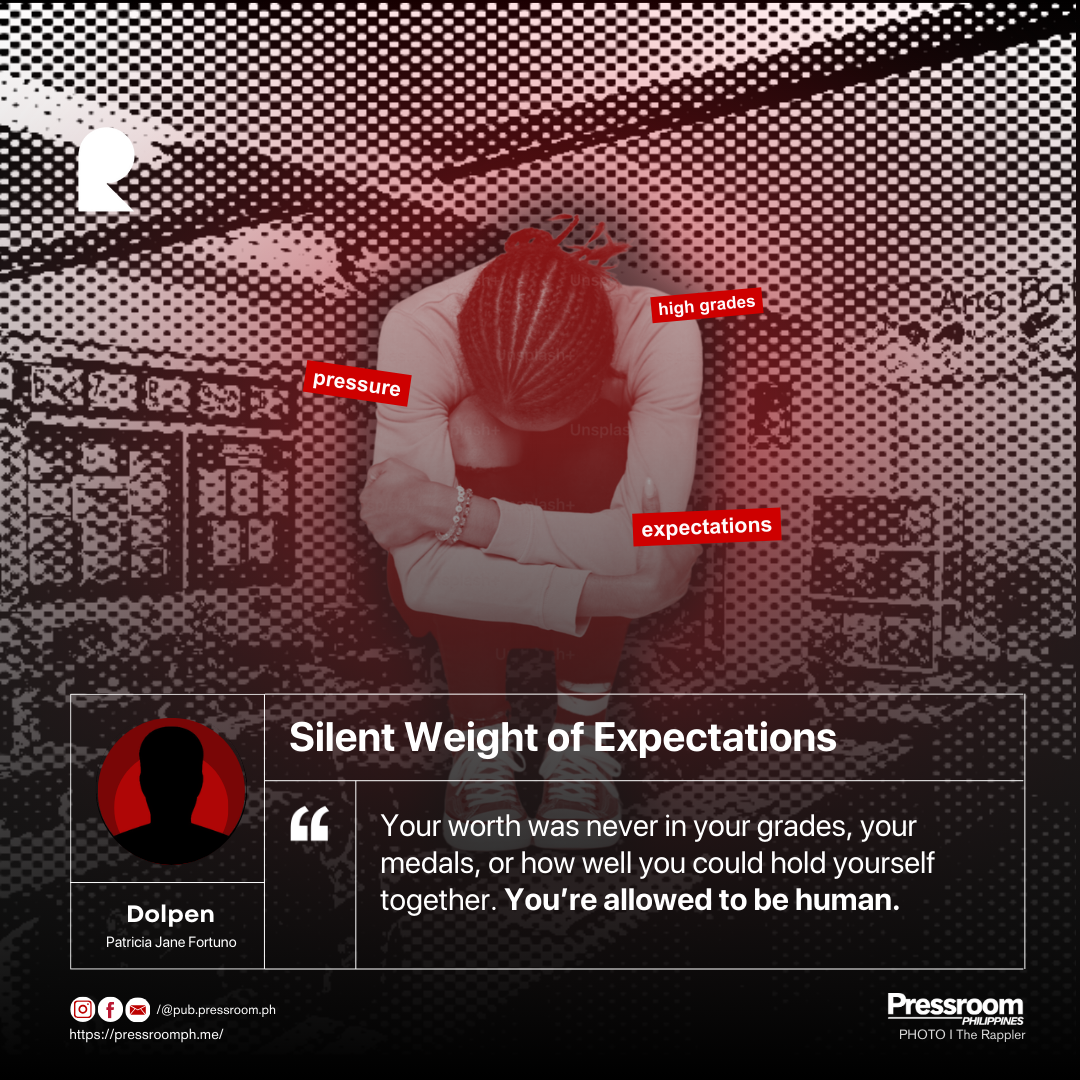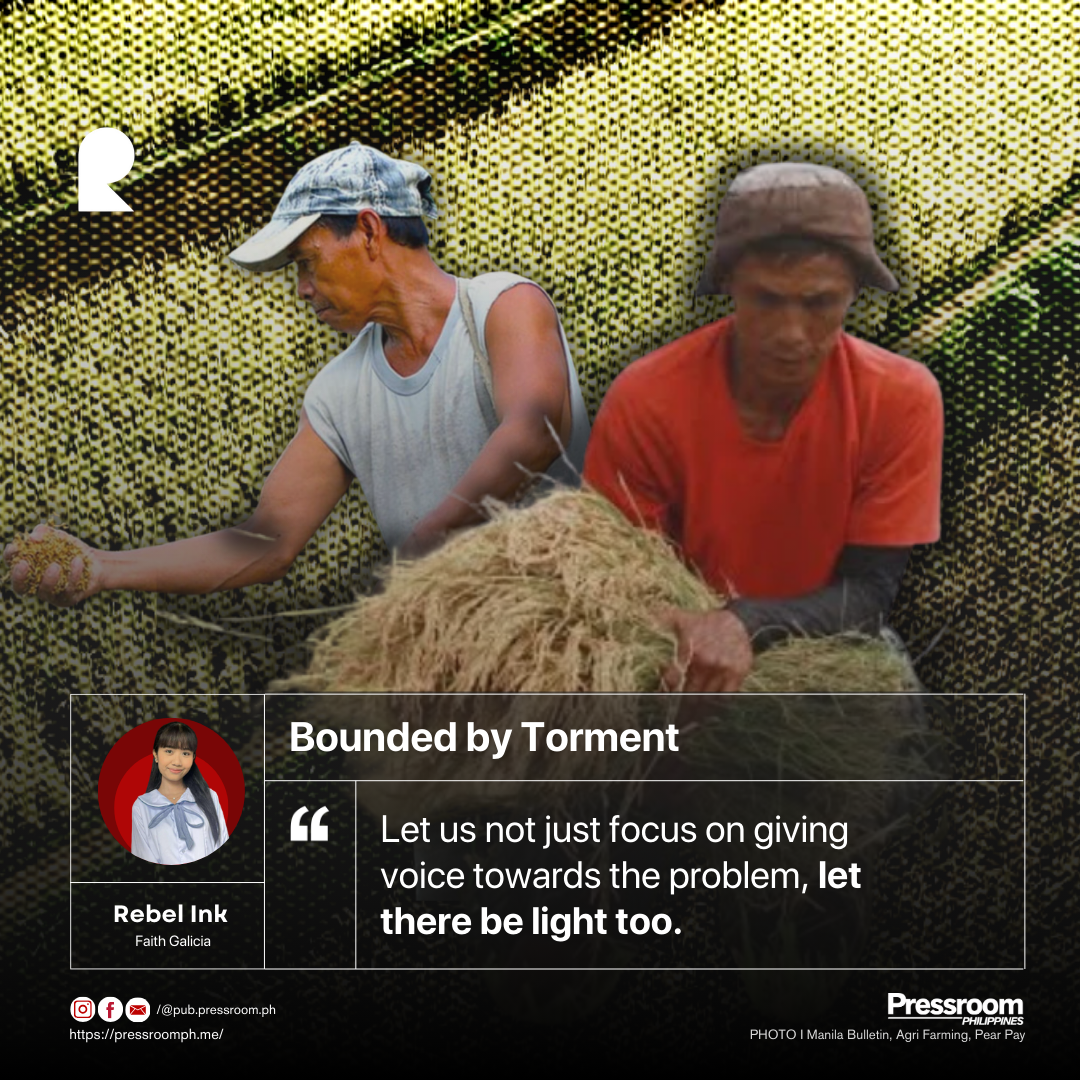I was that kid. The one who never brought home a bad grade, who never got in trouble, who always turned in her homework on time. Teachers trusted me. My parents didn’t have to worry. People called me “mature,” “responsible,” and “independent.” I wore those words like badges of honor.
But being that kid isn’t just a compliment—it’s a lifelong assignment you never signed up for. It’s learning early that every mistake feels like a disappointment, not just to yourself, but to everyone around you. It’s growing up believing that a single bad grade can change how people see you. So you push yourself to be flawless, because failure doesn’t feel like an option.
I learned to carry that weight quietly. I didn’t want to be a burden. I solved problems on my own because that’s what “mature” kids are supposed to do. When I was struggling, I smiled and said, “I’m fine.” I taught myself to never cry in front of others because I didn’t want anyone to worry. I became “strong,” not because I truly was, but because I thought I had no other choice.
The thing about being the “quiet achiever” is that people stop checking on you. Teachers assume you’re okay. Parents stop asking if you need help because you always figure it out anyway. Friends come to you for advice but rarely ask how you’re doing. You become the person everyone leans on—except you don’t know who you can lean on yourself.
And now, adulthood is nothing like the textbooks promised. There are no rubrics for life, no neat checkmarks to prove you’re doing well. Just responsibilities, bills, and relationships that don’t come with instructions. Suddenly, the “perfect child” feels like she’s always behind. The A+ student lies awake at night, overthinking every choice, wondering when she stopped being “good enough.” The girl who once had all the answers now feels completely lost.
And the worst part? No one notices. Because you’ve always been “the strong one.” You look okay, so people assume you are. They don’t see the exhaustion of always being dependable. They don’t see the quiet breakdowns behind closed doors. They don’t know how heavy it feels to live up to an image you never asked for but can’t seem to let go of.
It’s a silent kind of burnout—the kind born from years of perfectionism, from always being told you’re “mature,” from never feeling allowed to be vulnerable. And it’s so, so common.
We don’t talk enough about the pressure of being a straight-A student. The eldest child. The overachiever. The one expected to succeed, to hold everything together, to make the family proud. Those expectations may have pushed us to achieve, but they also taught us to hide our pain. To ignore our needs. To pretend we’re fine even when we’re breaking.
But here’s what I’ve been learning, being “good” doesn’t mean being perfect. Your worth was never in your grades, your medals, or how well you could hold yourself together. You’re allowed to be human. You’re allowed to ask for help. You’re allowed to cry, to mess up, to rest.
And most importantly—you don’t have to carry this weight alone anymore.
The silent weight of expectations won’t disappear overnight. But every time you choose honesty over perfection, every time you let yourself be cared for instead of always being the caretaker, it gets lighter. You’ve carried yourself this far, through pressure and exhaustion, and that says more about you than any award ever could.
You’re not just “the responsible child” or “the honor student.” You are a whole person—with dreams, fears, exhaustion, and resilience. And even on the days when you feel like you’re not enough, you are. You always were.






